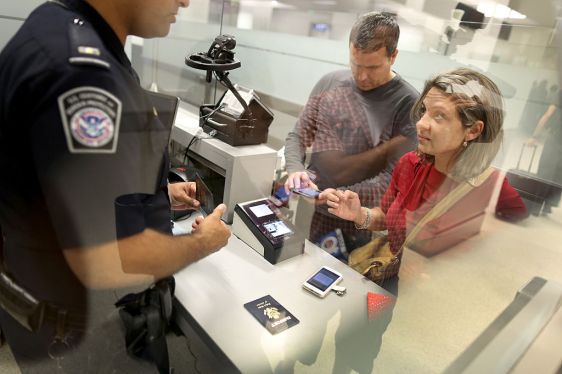U.S. border agents searched more electronic devices during a three-month period than ever before, according to new government statistics. The data shows that U.S. Customs and Border Protection, the agency tasked with immigration screening at the U.S. border, searched 14,899 devices of international travelers between April and June. This figure represents a 17% rise on the previous record high recorded in early 2022.
Most of these searches are classified as “basic,” a process where U.S. border agents demand the password to the traveler’s device and look through its contents without using external equipment. While U.S. citizens cannot be denied entry to the country, their devices can be seized indefinitely for refusing a device search. Visitors to the U.S. can decline a search, but they risk being rejected from entering the country.
The constitutionality of these border searches remains a hotly debated topic. There are split judicial opinions on the issue across the country, but it is a matter that the U.S. Supreme Court has yet to consider.

